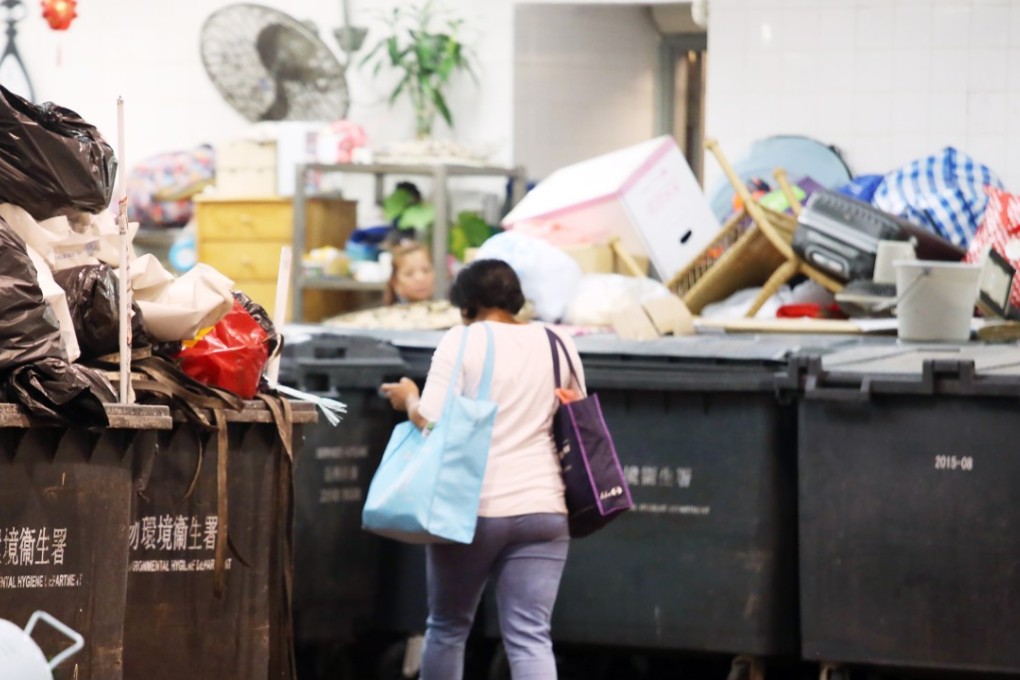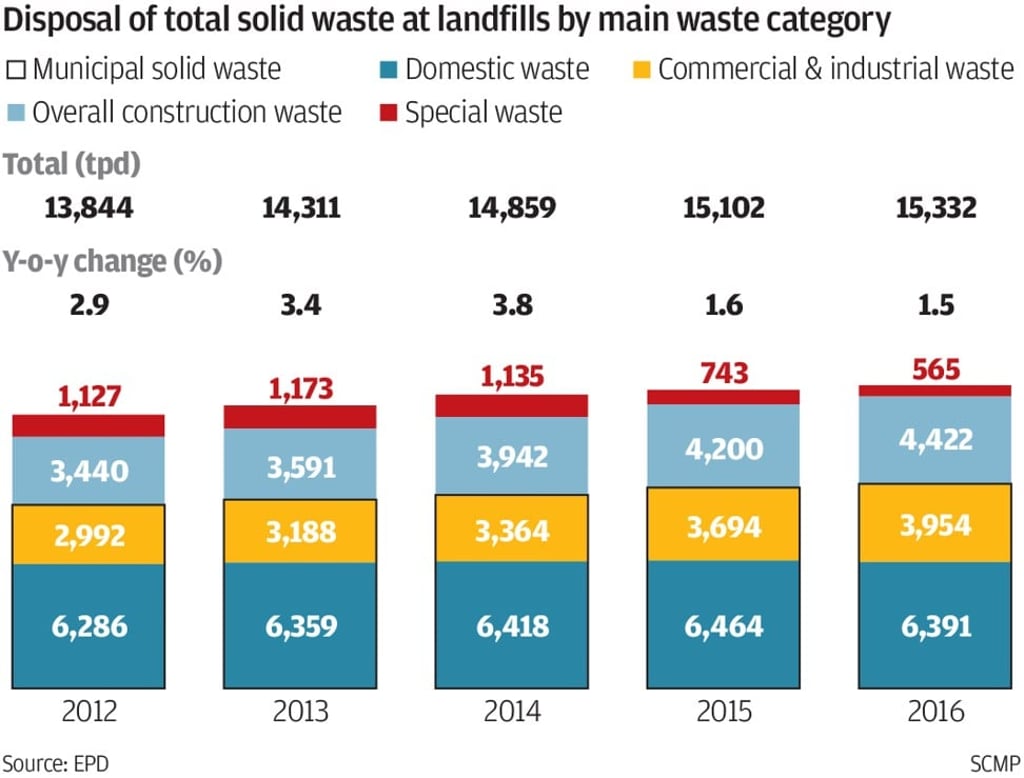Advertisement
Letters | Why Hong Kong must act on better waste management: for starters, it can ease the housing crisis
- The government’s municipal solid waste charging scheme has been a long time coming, but is vital to reducing waste volumes
- If Hong Kong sent less waste to landfills, space could be reallocated to other needs such as housing
Reading Time:2 minutes
Why you can trust SCMP

“Better late than never” is the best way to describe the recent announcement of the municipal solid waste charging proposal by Secretary for the Environment Wong Kam-sing (“Waste fee scheme delayed by a year”, November 1).
The idea of waste charging was first raised in the mid-90s. In 2005, the government formally proposed a waste charging scheme, and “A Policy Framework for the Management of Municipal Solid Waste in Hong Kong (2005 – 2014)” was published.
The public don’t have incentives to reduce waste disposal in the absence of the charging legislation. In 2017, the amount of municipal solid waste disposed in landfills reached 10,730 tonnes, a 3.7 per cent increase over 2016.
Advertisement
But how many people, business leaders or lawmakers, are aware of this looming environmental nightmare? I can tell you – only a tiny minority.
Today, our government struggles to find land for housing. It would do better to make big cuts in waste disposal so that less land is needed for landfills, rather than continuing to make mega-reclamation plans.
Advertisement
Chief Executive Carrie Lam Cheng Yuet-ngor has displayed firm support for Mr Wong and the need to press ahead with this policy amid criticisms. Despite another year of delay to the projected effective date of the legislation, I support and welcome it.
Advertisement
Select Voice
Choose your listening speed
Get through articles 2x faster
1.25x
250 WPM
Slow
Average
Fast
1.25x
